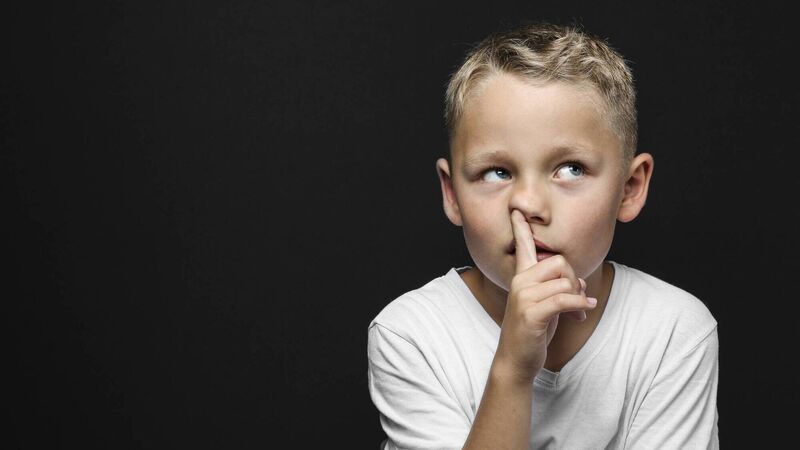Joanna Fortune: How can I get my six-year-old to stop picking his nose?

Nose picking is one of the most common habits parents ask me about.
Nose picking is one of the most common habits parents ask me about. It can start for practical reasons such as allergies, or having a cold or stuffed nose, so always begin by addressing possible physical causes.








